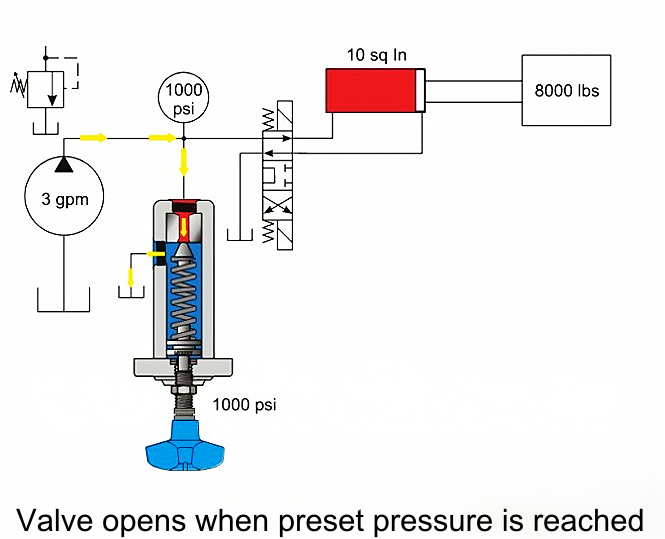Interesting Hydraulics

Hydraulics is a fascinating field that utilizes liquid pressure to generate power and control mechanisms. It plays a crucial role in various industries and applications.
Hydraulics is defined as the technology that uses the pressure energy of a liquid to transmit power and control. The fundamental principle behind hydraulics is Pascal's Law, which states that pressure applied to a confined fluid is transmitted undiminished in all directions throughout the fluid. Imagine a sealed pipe filled with water; when you apply force at one end, the same pressure is exerted at the other end through the liquid, enabling the transfer of force to drive mechanical devices.
A hydraulic system typically consists of several key components. The power element, such as a hydraulic pump, converts mechanical energy into liquid pressure energy, creating high - pressure oil. Control elements, like various hydraulic valves, act as the "brain" of the system, precisely regulating the pressure, flow, and direction of the oil. The actuating element, such as a hydraulic cylinder or motor, receives the high - pressure oil and converts the pressure energy back into mechanical energy, causing linear or rotational motion of external loads.
Hydraulics offers numerous advantages. It can generate tremendous power, easily driving heavy - duty machinery like large excavators and cranes, enabling them to dig heavy soil or lift massive objects. Hydraulics allows for stepless speed regulation, meaning the speed of mechanical devices can be smoothly adjusted over a wide range by simply modifying the hydraulic valve or pump displacement, catering to diverse work scenarios. Additionally, hydraulic systems respond quickly, enabling rapid starting, stopping, and reversing, which is highly efficient in automated production lines requiring frequent action changes. Moreover, hydraulic systems are relatively compact in structure, capable of transmitting significant power within limited spaces, making them advantageous for mechanical designs with space constraints but high power demands.
However, hydraulics also has its drawbacks. Hydraulic systems have extremely high requirements for oil cleanliness. Contaminants in the oil can easily clog the tiny openings in hydraulic components, leading to system failures. As a result, regular and meticulous oil filtration and replacement are necessary, increasing maintenance costs and workload.